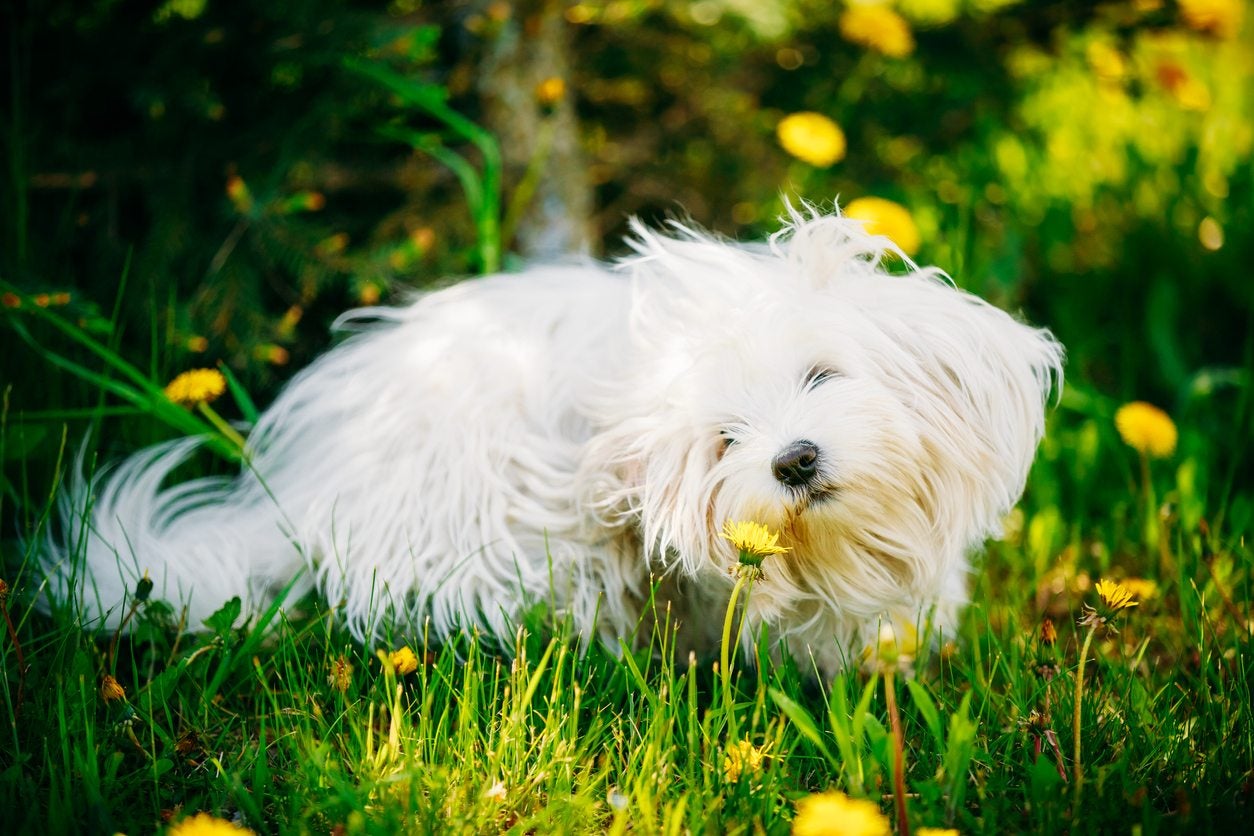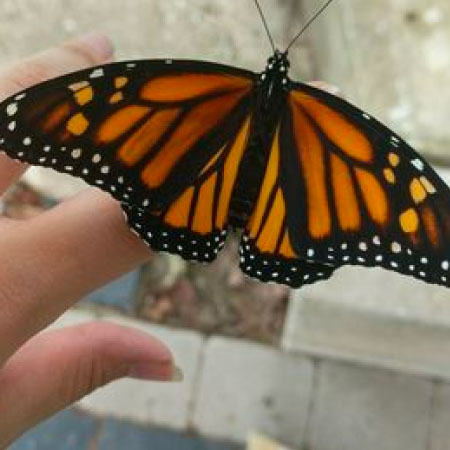Pets And Plant Allergens: Learn About Plants That Cause Allergies In Pets


Sign up for the Gardening Know How newsletter today and receive a free copy of our e-book "How to Grow Delicious Tomatoes".
You are now subscribed
Your newsletter sign-up was successful
When seasonal allergies hit, they can make you feel pretty miserable. Your eyes itch and water. Your nose feels twice its normal size, has a mysterious itching sensation that you just can't scratch and your hundred sneezes per minute don’t help. A gagging tickle just won't leave your throat, though you’re pretty sure you’ve managed to cough out a lung. Seasonal allergies can ruin the nice weather that many of us have waited through months of cold, dark winter for. While you’re wrapped up in your own hay fever misery, you likely didn’t notice Fido rubbing his snout on the floor, clawing at it, or knocking over furniture while obsessively trying to scratch. “Hmm, the dog seems as miserable as I am,” you think. Then you wonder, “Can dogs and cats have allergies too?” Continue reading for more information about pets and plant allergens.
Pets and Plant Allergens
Pollen is to blame for many people’s seasonal allergies. Just like people, dogs and cats can also have miserable seasonal allergies from pollen. However, pets can be more exposed to these allergens because while most pollen floats on the air or is carried by pollinators, much of it inevitably ends up on the ground. Dogs and cats then walk through it or roll around in it, collecting this pollen on their fur. Eventually, it travels down the hair shafts and onto their skin, which can cause them to rub against anything thing that may satisfy the itch. Pets can't tell us if they’re suffering from allergies any more then they can run to the drugstore for Benadryl. It is up to us, as loving pet owners, to notice the symptoms of pet allergies. If your pet is suffering from what could be allergies, the first step is to get him/her to the vet. The next step you can take is to figure out what in your yard is making your pet so miserable. As with humans, pet allergies can come from all sorts of things - pollen, fungi/mold, contact with skin irritants, etc. Retracing Fido’s steps or paying attention to the usual path the animal makes around the yard can help you identify plants that cause allergies in your pets.
Plants That Cause Allergies in Pets
Certain trees, shrubs, grasses and herbaceous plants can cause pet skin allergies. Sometimes, the plant's pollen is to blame, but some plants can cause itchiness and rashes on pets just from contact. And just like us, creating an allergy friendly garden can help alleviate their distress. Below I’ve listed some plants that cause allergies in pets and how they may be problems for them. This way you can remove any of the possible suspects from the area or the home.
- Birch - pollen
- Oak - pollen
- Willow - pollen
- Poplar - pollen
- Bottlebrush - pollen
- Fruitless Mulberry - pollen
- Primrose - skin contact with plant
- Juniper - pollen and skin contact with male plants (FYI: female plants produce berries)
- Sagebrush - pollen and skin contact with plant
- Yew - pollen and skin contact with male plants (FYI: females produce berries, which are poisonous)
- Euphorbia - pollen and skin contact with plant (FYI: sap is poisonous to pets)
- Sheep Sorrel - pollen
- Ragweed - pollen
- Russian Thistle - pollen and skin contact with plant
- Wormwood - pollen
- Daylily - pollen and skin contact with plant
- Lilies and Alliums - pollen and skin contact with plant (FYI: poisonous to pets, specifically cats)
- Gas Plant - pollen and skin contact with plant
- Wandering Jew - pollen and skin contact with plant
- Elephant Ear - skin contact with plant
- Castor Bean - pollen and skin contact (FYI: poisonous to pets and children)
- Bermuda Grass - pollen
- Junegrass - pollen
- Orchardgrass - pollen
- Cocoa mulch - skin contact (FYI poisonous to pets, especially dogs)
- Red Cedar mulch - skin contact
Trees and grasses usually cause pollen related allergies in spring and early summer, while other plants can be a problem from spring through fall. When weather is wet and humid, mold and fungi can also cause allergies in both people and pets. While you can’t put your pet in a protective bubble to keep all allergens away, knowing what might be triggering allergies can help you to control them.
Sign up for the Gardening Know How newsletter today and receive a free copy of our e-book "How to Grow Delicious Tomatoes".

Darcy is a former contributor to Gardening Know How. She is a professional landscape designer and gardening writer with experience in plant sales. An avid gardener, Darcy has a passion for sharing practical tips to help others grow.